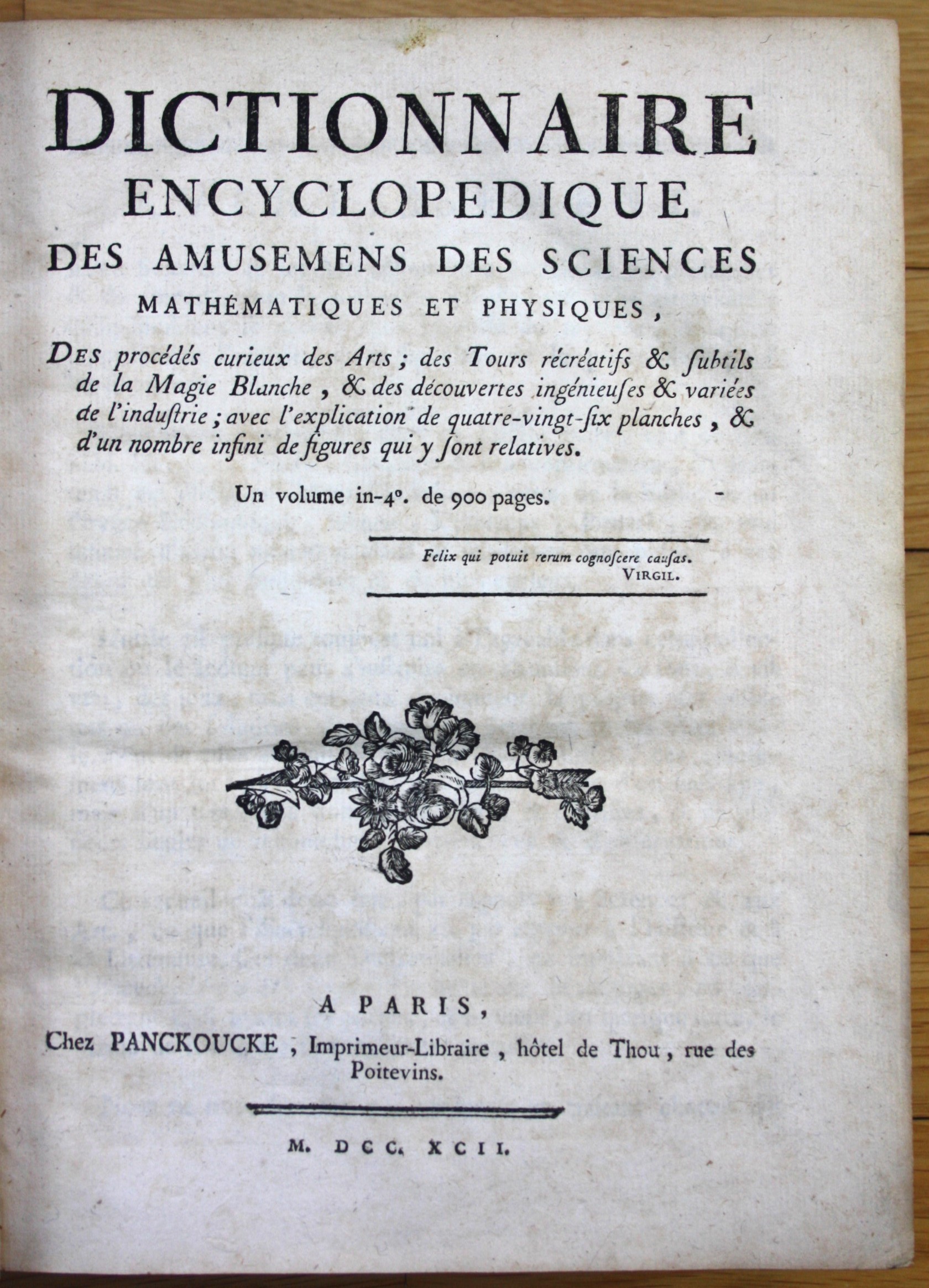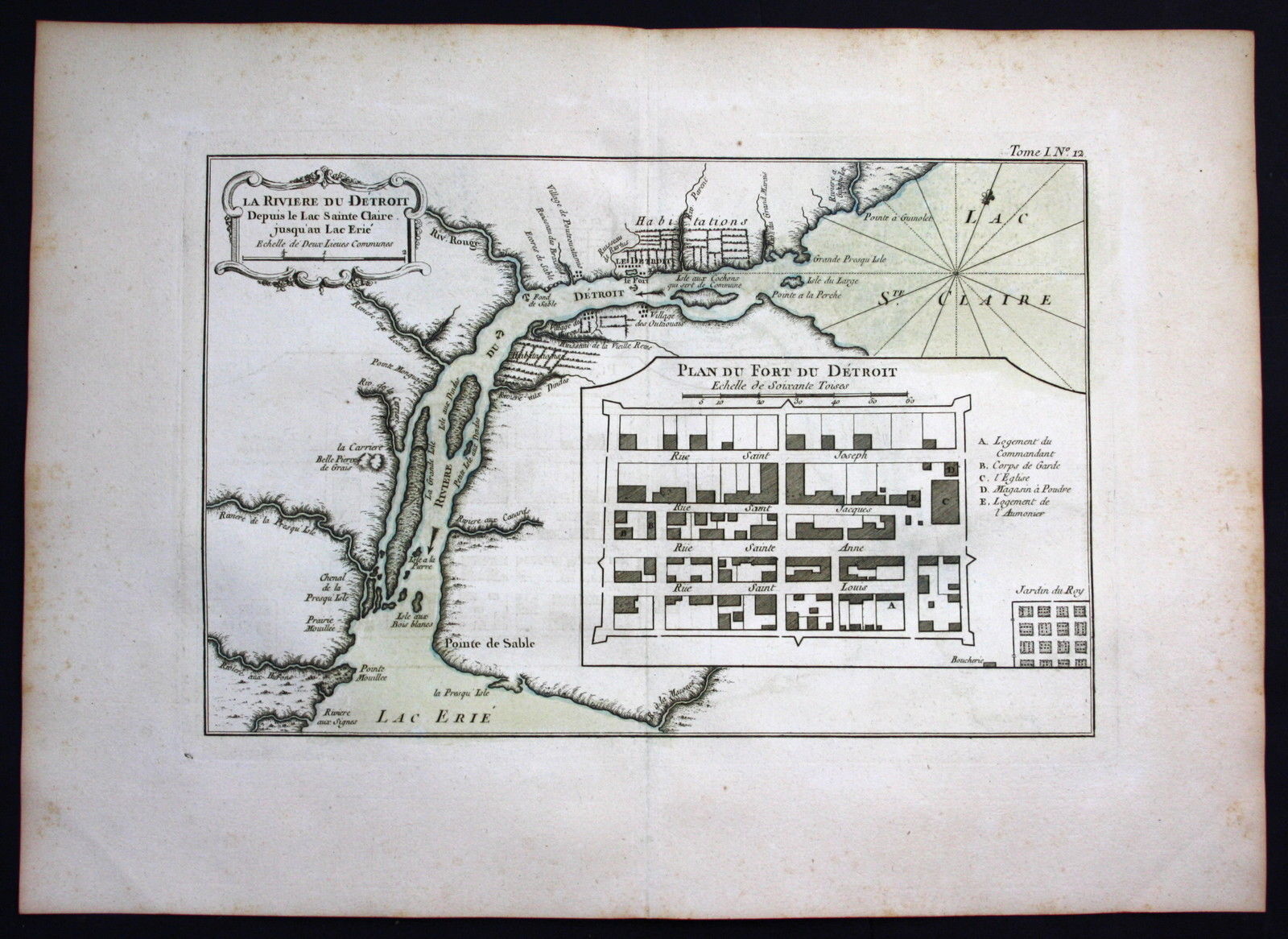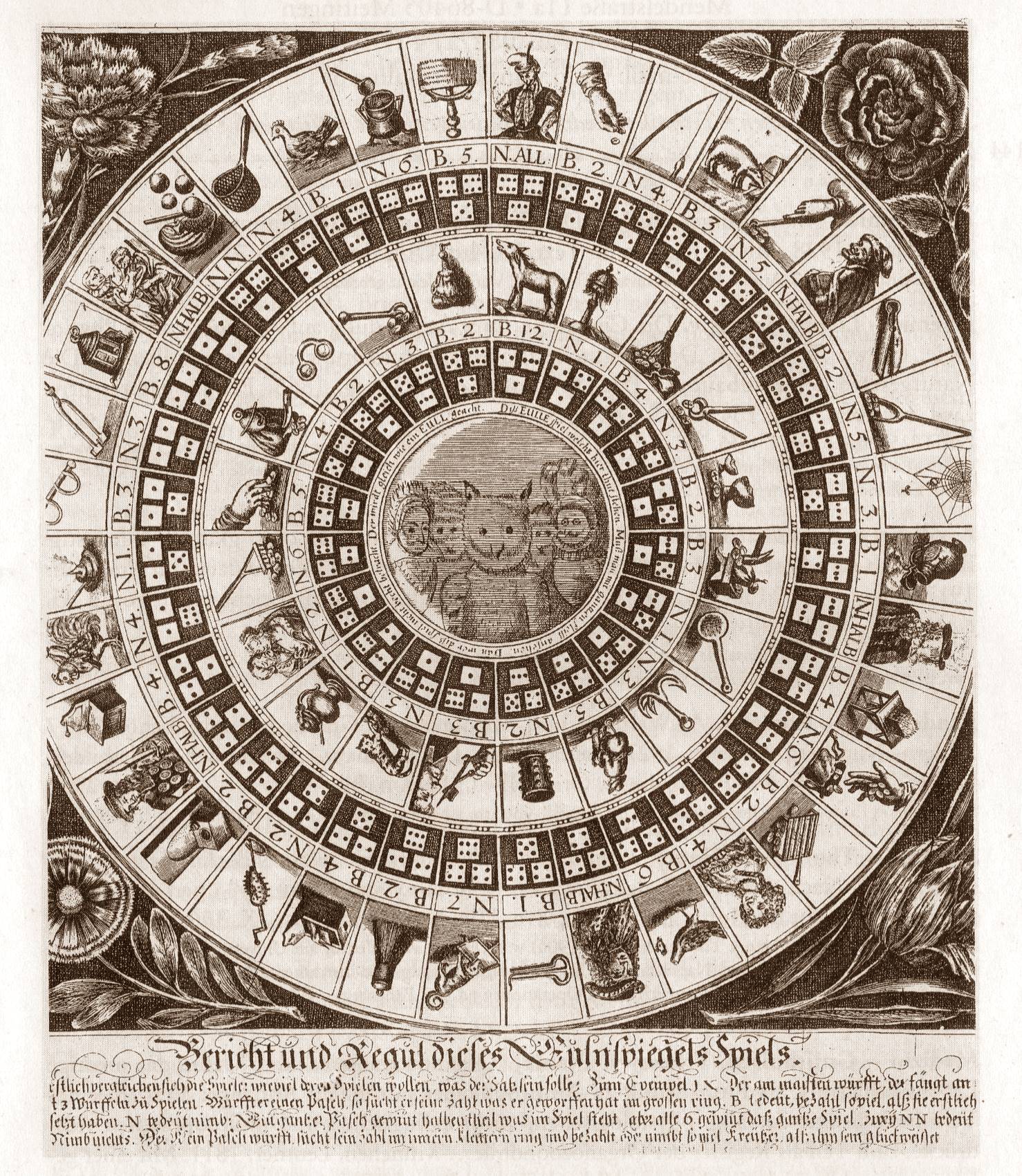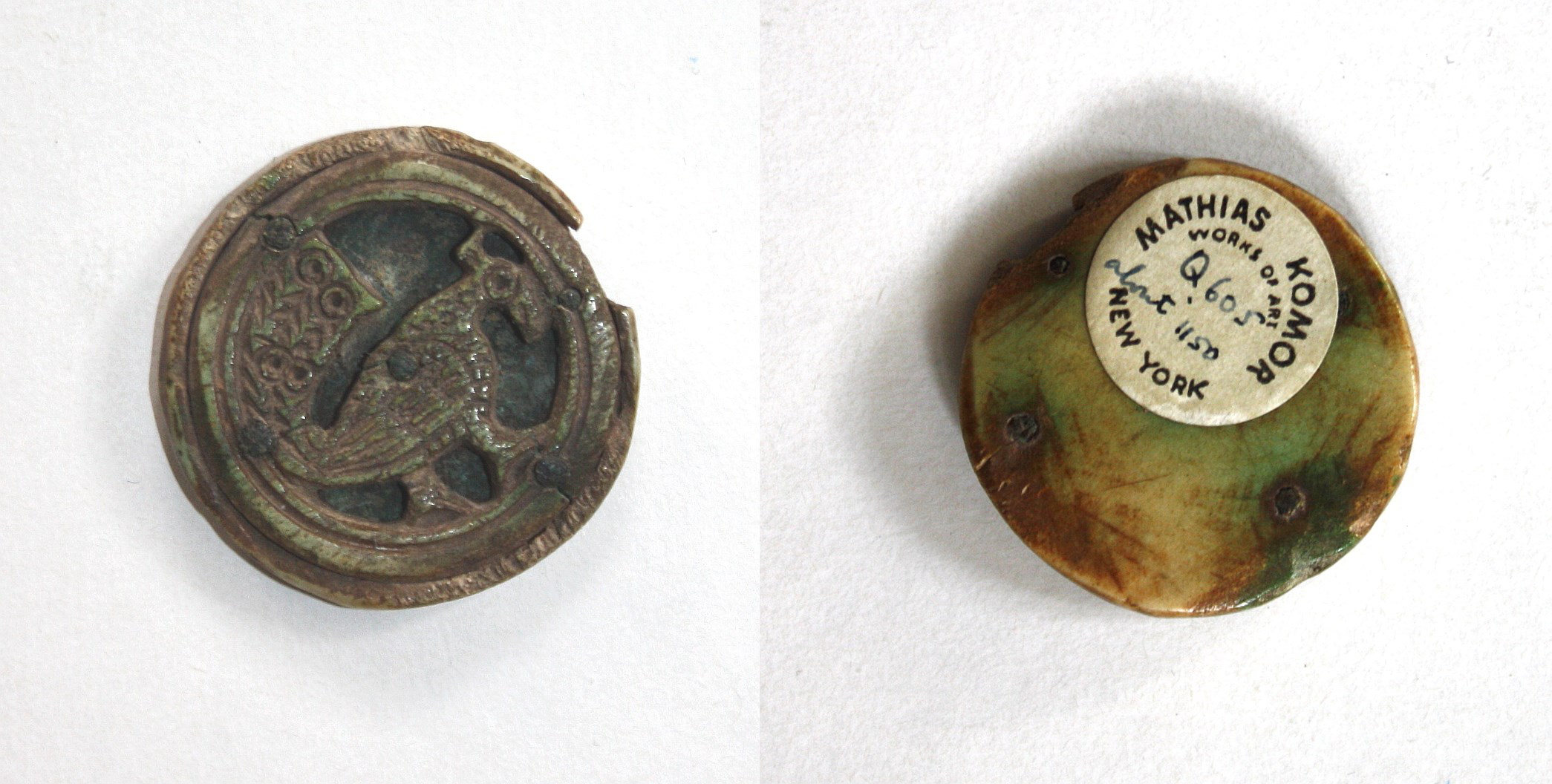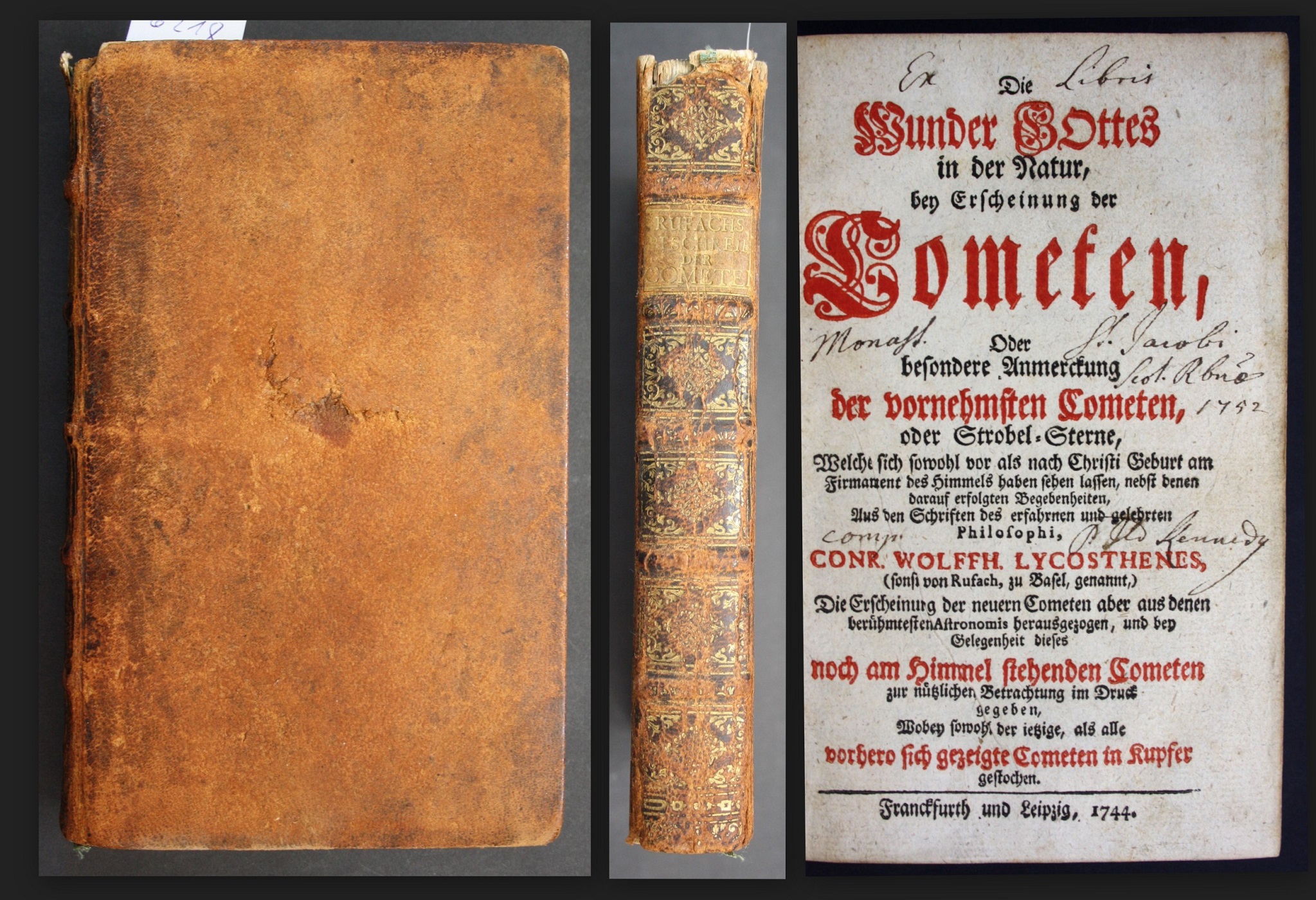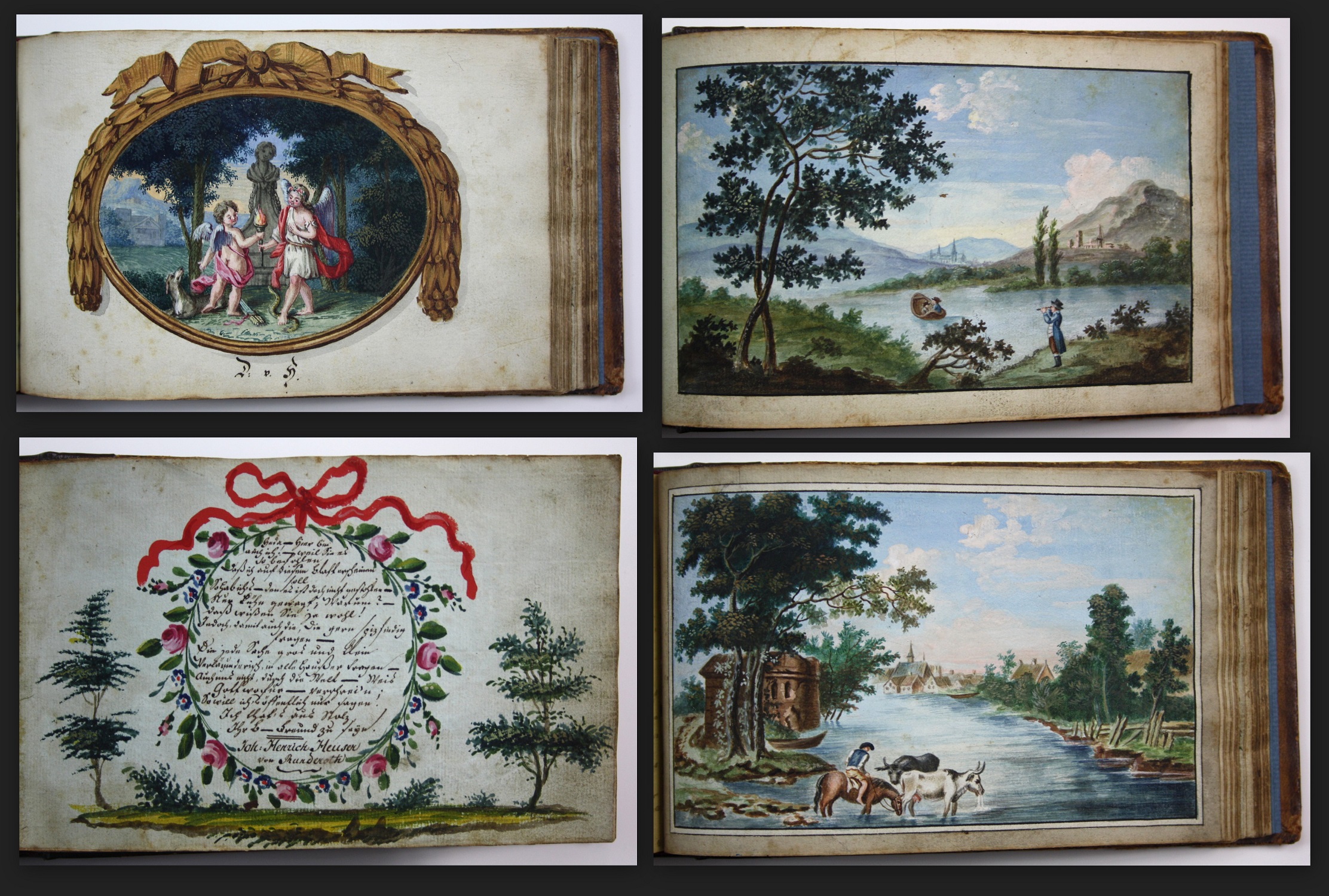GERSON, Jean Charlier de (Johannes Gerson) – De passionibus animae: (Paris, Philippe Pigouchet, ca. 1493).
32mo vellum binding [137x100x11mm].
20 leaves. 32 lines. Rubricated throughout.
Jean Charlier de Gerson (1363–1429) was a French scholar, reformer, politician and poet of the Middle Ages. Gerson held the position of Chancellor of the University of Paris (1395-1415), was an important figure of the conciliar movement and one of the most prominent theologians of his time. He is also known for being one of the first defenders and supporters of Joan d’Arc.
Jean Gerson participated in the Concil of Constance (1414-18) together with his former teacher Pierre d’Ailly. Both French theologians were condemned for supporting the execution of Jan Hus and Jerome of Prague. After the Council of Constance, Gerson could not return to his homeland, because of the struggle between Armagnacs and Burgundians, and retired to Bavaria. During his exile, he composed his “Consolations de la Théologie”, a work divided into 4 books.
After two years, he was able to return to France, but he no longer took any part in public affairs, and went to lock himself up in Lyons in the convent of the Célestins, where he occupied himself with writing ascetic books and teaching the children of the poor. He died there in 1429.
Jean Gerson aimed to simplify and spiritually enrich university studies, earning him the titles „Doctor Christianissimus“ and „Doctor Consolatorius.“ He promoted a mystical theology that balanced clarity with recognition of Christian doctrine’s mysteries, drawing inspiration from Christian mysticism and opposing scholasticism and pantheism. Additionally, Gerson’s 1402 treatise „De Vita Spirituali Animae“ was an early exploration of natural rights theory, proposing that freedom could be treated akin to property.
The text of this incunable was first included in an overview of Gerson’s oeuvre, published in Cologne by Johann Koelhoff (1483). This theological and philosophical treaty is composed of 22 „considerations“ made by Gerson on the topic of „passions of the soul“ (its nature, causes, and effects or consequences). This scholastic work on the subject of human emotions was written by Gerson around 1408-1409.
Only 28 copies of this rare edition are to be found in public institutions.
GW10801; CBB 1624u.Suppl. Ce³Suppl G-249a. IBP 2386. Kaplan 221. Pell 5205. CRF X 317. CRF XI 470. Oates 3141.
—-
32mo Pergament-Einband [137 x 100 x 11 mm]. 20 Bl. Mit zwei nachträglich montierten Holzschnitten – einem Porträt des Autors auf dem Frontispiz und einem Wappen auf dem Blatt, das dem Ende des Textes folgt.
Jean Charlier de Gerson (1363–1429) war ein französischer Gelehrter, Reformator, Politiker und Dichter des Mittelalters. Gerson bekleidete das Amt des Kanzlers der Universität Paris (1395–1415), war eine wichtige Figur der Konziliarismus und einer der bedeutendsten Theologen seiner Zeit. Er ist auch als einer der ersten Verteidiger und Unterstützer von Joan d’Arc bekannt.
Jean Gerson nahm zusammen mit seinem ehemaligen Lehrer Pierre d’Ailly am Konzil von Konstanz (1414-18) teil. Beide französischen Theologen wurden verurteilt, weil sie die Hinrichtung von Jan Hus und Hieronymus von Prag unterstützt hatten. Nach dem Konstanzer Konzil konnte Gerson wegen des Kampfes zwischen Armagnacs und Burgundern nicht in seine Heimat zurückkehren und zog sich nach Bayern zurück. Während seines Exils verfasste er seine „Consolations de la Théologie“, ein Werk, das in vier Bücher unterteilt war.
Nach zwei Jahren konnte er nach Frankreich zurückkehren, beteiligte sich jedoch nicht mehr an den öffentlichen Angelegenheiten und schloss sich in Lyon im Kloster der Célestins ein, wo er sich mit dem Schreiben asketischer Bücher und dem Unterrichten der Kinder beschäftigte. Er starb dort im Jahr 1429.
Jean Gersons Ziel war es, das Universitätsstudium zu vereinfachen und geistig zu bereichern, was ihm die Titel „Doctor Christianissimus“ und „Doctor Consolatorius“ einbrachte. Er förderte eine mystische Theologie, die Klarheit mit der Anerkennung der Geheimnisse der christlichen Lehre in Einklang brachte, sich von der christlichen Mystik inspirieren ließ und Scholastik und Pantheismus ablehnte. Darüber hinaus war Gersons Abhandlung „De Vita Spirituali Animae“ aus dem Jahr 1402 eine frühe Auseinandersetzung mit der Naturrechtstheorie und schlug vor, dass Freiheit wie Eigentum behandelt werden könne.
Der Text dieser Inkunabel wurde erstmals in eine Übersicht über Gersons Oeuvre aufgenommen, die Johann Koelhoff der Ältere 1483 in Köln veröffentlichte. Dieser theologische und philosophische Vertrag besteht aus 22 „Überlegungen“ von Gerson zum Thema „Leidenschaften der Seele“ (ihre Natur, Ursachen und Wirkungen oder Folgen). Dieses schulische Werk zum Thema menschliche Emotionen wurde von Gerson um 1408–1409 verfasst.
Nur 28 Exemplare dieser seltenen Ausgabe befinden sich in öffentlichen Einrichtungen.
sold/verkauft











